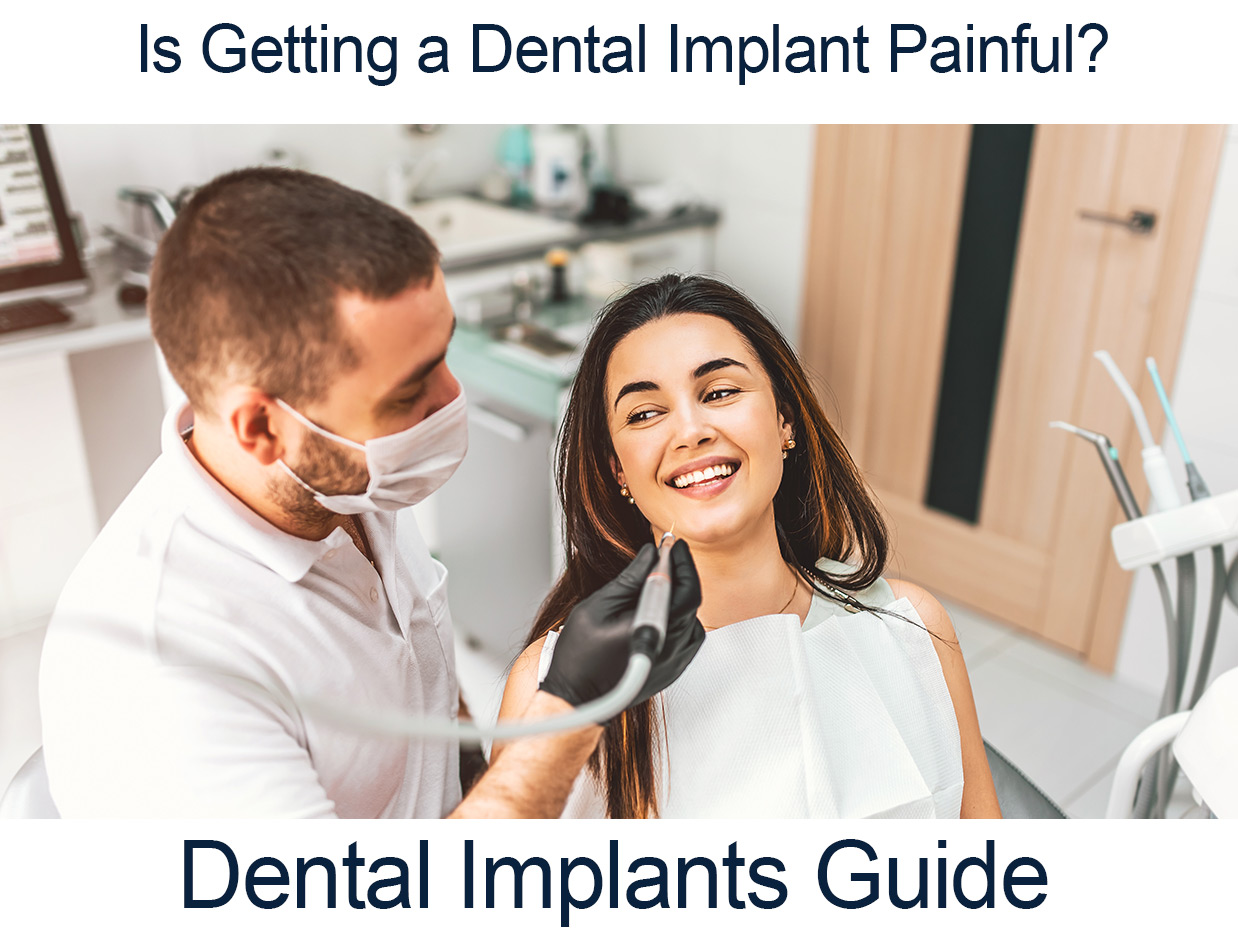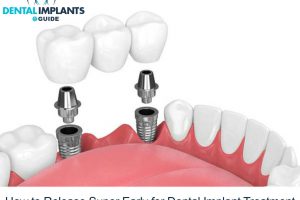Is Getting a Dental Implant Painful?
Is Getting a Dental Implant Painful?
High Quality Dental Implants Affordable Prices FREE Consultation

Have you considered having a dental implant to repair a missing tooth? Our smiles are made up of our teeth and gums. These are vital to our self-esteem and the cornerstone of our self-assurance. We search for ways to fill the void created by a missing tooth. Dental implants in Gold Coast are one of the newest ways that dental offices are restoring smiles. Bridges and dentures are not the same as dental implants. Although they both serve the same purpose of filling a void, an implant requires surgery and healing. To understand what kind of or how much pain to expect, you must first understand what the operation entails.

Would Dental Implant Surgery Hurt?
Dental implants can be dismantled in two stages. The surgery is the first phase, and the recovery is the second. Your dentist will surgically place dental implants in your mouth. This necessitates cutting through the gums. As you would expect, this sounds excruciating. However, a local anesthetic will be used before your dentist starts.
This is somewhat similar to the results of a filling operation. The dentist will make an incision to expose the jawbone until the region is completely numb. Since the region is fully anesthetized, you will have no pain.
A hole for the implant may be drilled after the region has been made more open. Drills can sound painful, but your jawbone lacks the nerves to experience pain. Pressure is the most likely cause of discomfort. There will be no drilling noises. After that, the dental implant is screwed into place. It will take about an hour to numb the region, make the incision, drill the implants, and mount them. Your dentist will close the incision until he or she is pleased with the placement. The patient will experience no discomfort while the local anesthetic is still in action. Before beginning the operation, your dentist can give you pain medicine so that you have enough pain relief when the anesthetic wears off. The healing process starts at this stage.
What To Expect When It Comes To Recovery
After the anesthesia wears off, you should anticipate some tenderness. It is, however, not insurmountable. If you experience some discomfort during the healing process, your dentist would definitely suggest that you take an over-the-counter pain reliever. It is important that you obey your dentist’s aftercare instructions. The following are examples of what this may be:
- Straws should be avoided for the first 24 hours after surgery.
- For the next 2 to 3 days, expect some mild swelling.
- The next day, rinse with salt water 3 to 4 times a day.
- In the first 48 hours, avoid eating something too sweet.
- For the next 24-48 hours, stick to a liquid diet.
- Smoking should be avoided for at least three days after surgery.
(Discuss your dental situation with us)
Everyone’s recovery and healing will be unique. The general consensus is that you do not experience much discomfort during the operation or recovery. If you continue to experience pain, particularly days later, you should seek medical attention or arrange a follow-up appointment with your dentist. Dental implants are one of the most open procedures, despite the fact that surgery is not known for being painless. The majority of patients compare the discomfort to that of getting a tooth extracted.

Are Dental Implants a Good Option?
If you’re considering dental implants, the first move is to meet with your dentist. Your dentist will tell you everything you need to know about the operation, including what to expect and how to care for yourself afterward. The office will also provide you with cost comparisons for various replacement choices. Not everybody is a good candidate for dental implants. Additional procedures may be needed for certain patients. Bone grafts and sinus lifts are two common procedures that patients need to improve the consistency of their jaw bone.
Many who have worn dentures for a long time may find that additional procedures are needed to improve the bone’s condition. Bone loss is a big concern for denture wearers, and it’s a common explanation why someone isn’t a good fit for dental implants. To decide whether dental implants are correct for you, your dentist will examine the condition of your remaining teeth, gums, and jawbone during an initial consultation. Even if you aren’t a successful choice right now, you aren’t completely out of the running for dental implants. To prepare the area for an implant, your dentist can devise a dental implant treatment plan that includes the above procedures, as well as bone grafts and sinus lifts.
Final Thoughts
Any form of surgery can be frightening. You may be concerned about the drilling, cutting, or the need for sutures. The bottom line is that dental implants do not cause any discomfort. You shouldn’t be in too much pain during your recovery. You will be completely numbed during the procedure; in the days following, over-the-counter pain relievers may be adequate to alleviate any suture-related pain.
References:
Steigenga, Jennifer T. DDS; Al-Shammari, Khalaf F. DDS, MS; Nociti, Francisco H. DDS, PhD; Misch, Carl E. DDS, MDS; Wang, Hom-Lay DDS, MSD Dental Implant Design and Its Relationship to Long-Term Implant Success, Implant Dentistry: December 2003 – Volume 12 – Issue 4 – p 306-317 doi: 10.1097/01.ID.0000091140.76130.A1
Oshida, Y.; Tuna, E.B.; Aktören, O.; Gençay, K. Dental Implant Systems. Int. J. Mol. Sci. 2010, 11, 1580-1678. https://doi.org/10.3390/ijms11041580
Allen Glied, Junaid Mundiya, Implant Material Sciences, Dental Clinics of North America, 10.1016/j.cden.2020.09.006, 65, 1, (81-88), (2021).









